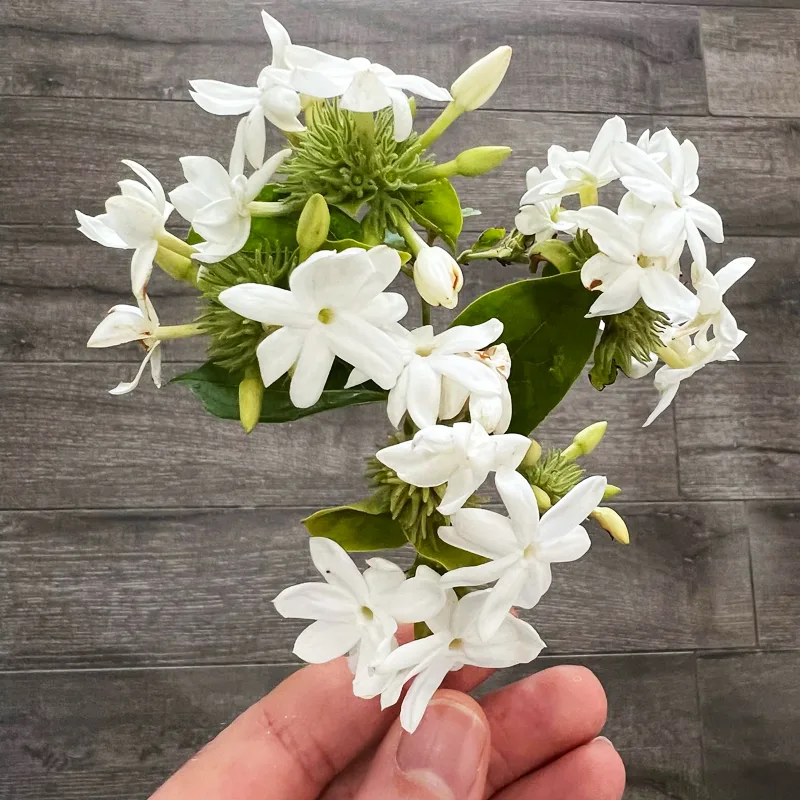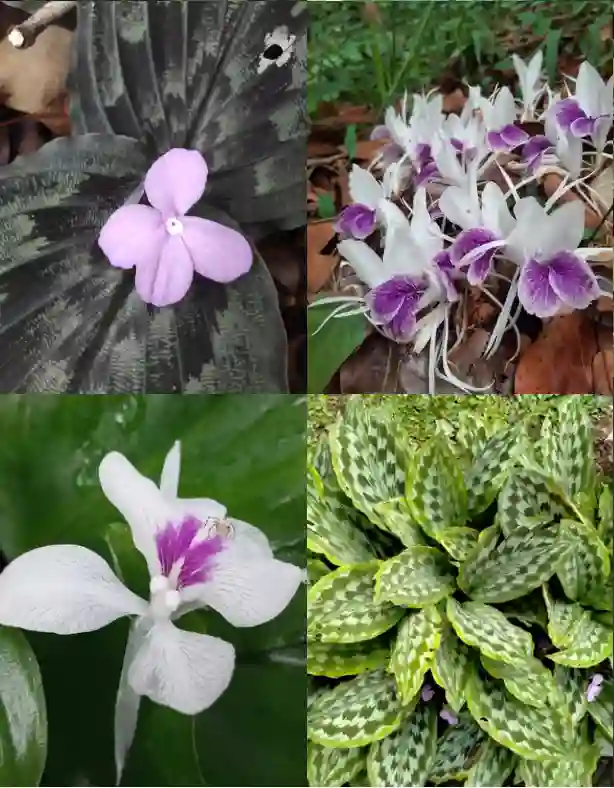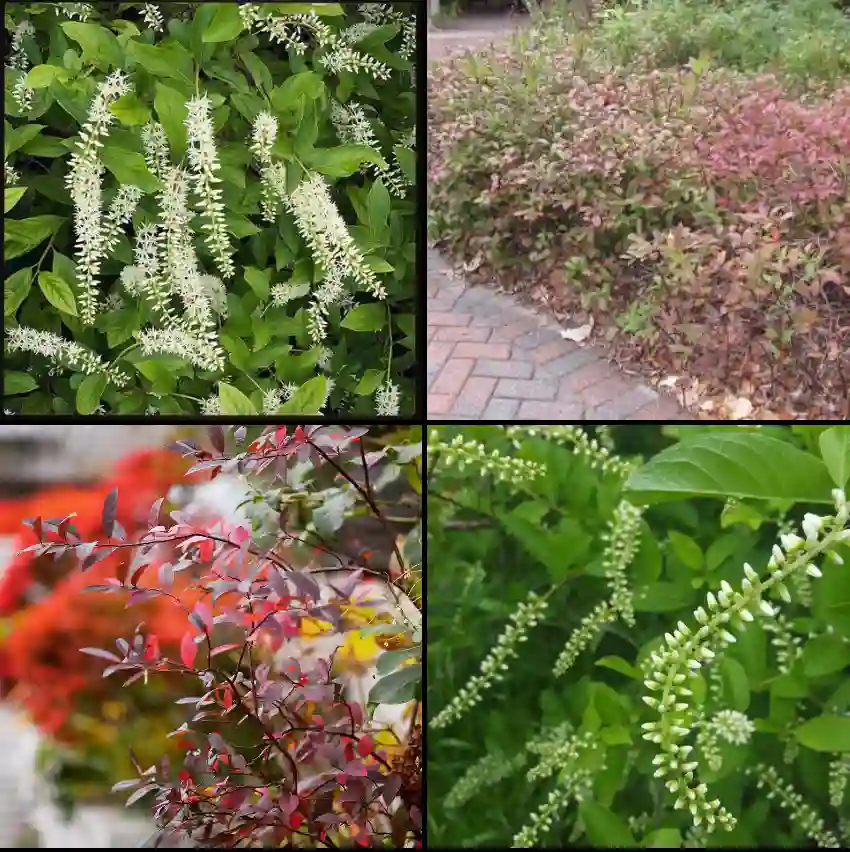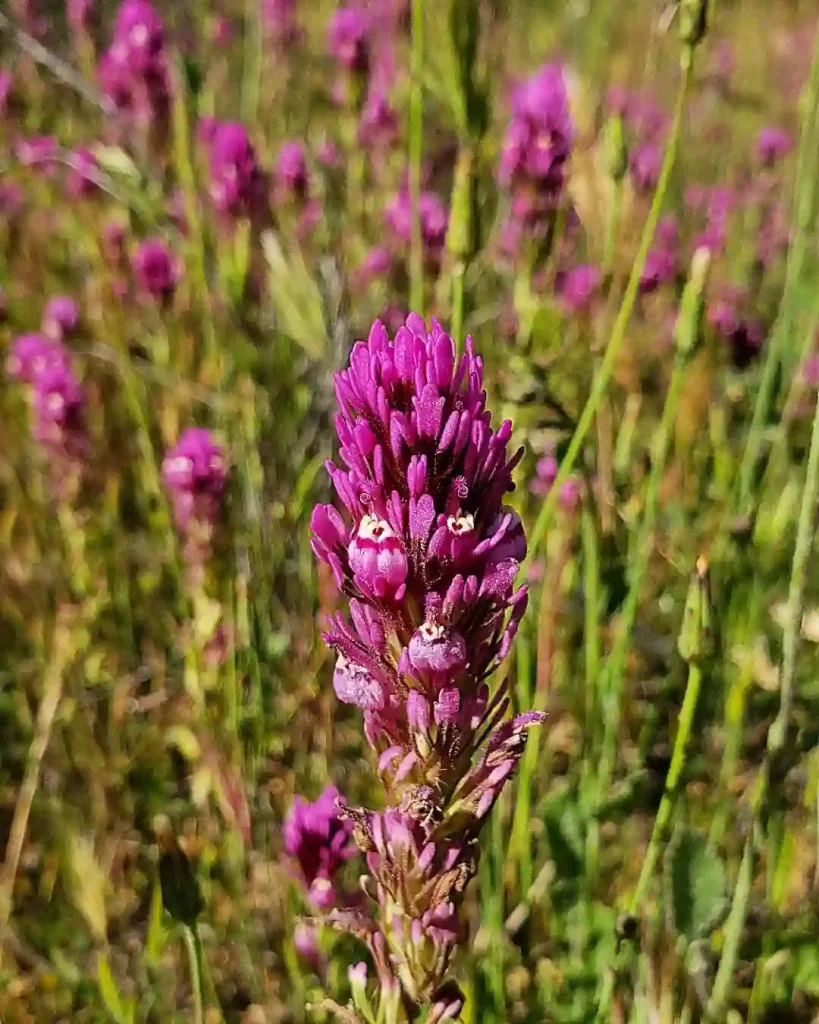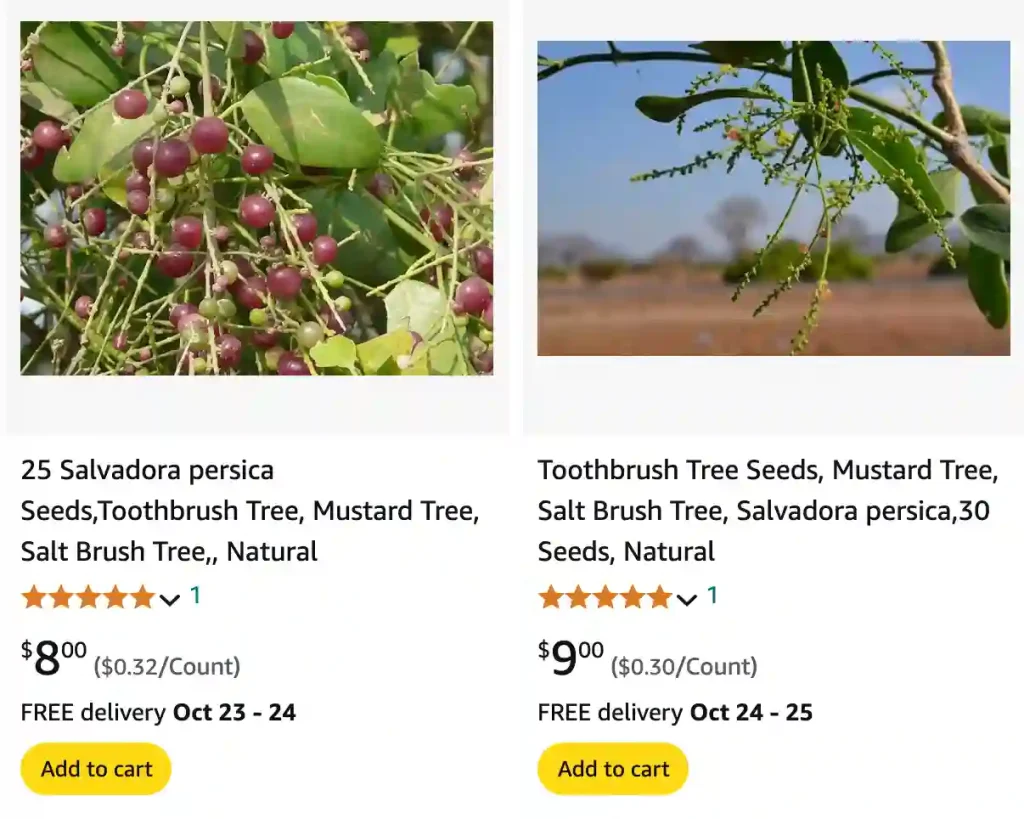
FAQs About Salvadora Persica: A Comprehensive Guide
Salvadora Persica, often referred to as the toothbrush tree, is an intriguing plant with a variety of uses and benefits. Here’s a deep dive into common questions I’ve encountered about this remarkable plant.
What is Salvadora Persica?
Salvadora Persica is a species of tree or shrub in the Salvadoraceae family. It’s native to the Middle East and parts of Africa. Known for its remarkable adaptability and medicinal properties, Salvadora Persica has been utilized in traditional medicine and hygiene practices for centuries.
Plant Family: 3 Genera in Salvadoraceae
How to Grow Salvadora Persica?
Growing Salvadora Persica is relatively straightforward, but it requires specific conditions to thrive. This plant prefers a hot, dry climate and is well-suited to arid regions. Here’s a basic guide on how to grow it:
- Soil: Salvadora Persica prefers well-drained sandy or loamy soil. It can tolerate a range of soil types but thrives best in slightly alkaline conditions.
- Watering: Once established, Salvadora Persica is drought-tolerant and requires minimal watering. During the initial growth phase, regular watering helps establish a strong root system.
- Sunlight: Full sun is ideal for this plant. It needs plenty of direct sunlight to grow well and produce its characteristic leaves and branches.
- Temperature: It’s best suited to warm climates. In regions with frost, consider growing it in a pot that can be moved indoors during cold weather.
How Fast Does Salvadora Persica Grow to Full Size?
Salvadora Persica is a slow to moderate-growing plant. It can take several years to reach its full size. Typically, it grows at a rate of about 12 to 24 inches per year under optimal conditions. Patience is key, as the plant gradually develops its full stature, which can reach up to 10 feet tall in ideal conditions.
How to Care for Salvadora Persica?
Proper care ensures the health and longevity of Salvadora Persica. Here are some tips:
- Pruning: Light pruning helps maintain shape and encourages new growth. Remove any dead or diseased branches to keep the plant healthy.
- Fertilizing: This plant doesn’t require heavy fertilization. A balanced, slow-release fertilizer applied once a year is generally sufficient.
- Pests and Diseases: Salvadora Persica is relatively pest-resistant. However, keep an eye out for common pests like aphids or spider mites. Treatment with insecticidal soap or neem oil can help manage these issues.
How to Propagate Salvadora Persica?
Propagation of Salvadora Persica is commonly done through seeds or cuttings:
- Seeds: Sow seeds in a well-draining soil mix. Keep the soil moist but not waterlogged. Germination can take a few weeks, and young plants should be kept in a warm, sunny location.
- Cuttings: Take semi-hardwood cuttings from the plant and dip them in rooting hormone. Plant in a well-draining mix and keep in a humid environment until roots develop.
What Part of Salvadora Persica is Used as a Toothbrush?
The branches of Salvadora Persica, particularly the twigs, are traditionally used as toothbrushes. These twigs are known as “Miswak” or “Siwak.” They have natural antibacterial properties and can be chewed to clean teeth and freshen breath. This traditional method of oral hygiene has been practiced for centuries and is recognized for its effectiveness and environmental benefits.
How Sustainable is it to Produce Salvadora Persica?
Salvadora Persica is considered a sustainable plant due to its low water requirements and minimal need for chemical inputs. Its ability to grow in arid environments makes it a valuable resource in regions where other plants struggle. Moreover, the use of Miswak is environmentally friendly compared to modern plastic toothbrushes, reducing waste and pollution.
Can You Grow Salvadora Persica Indoors?
Growing Salvadora Persica indoors can be challenging due to its preference for full sunlight and warm conditions. However, if you have a bright, sunny spot and can provide the plant with ample light, it is possible to grow it indoors. A south-facing window or a grow light can help meet its light requirements. Be mindful of its size and ensure it has enough space to develop properly.
Is Salvadora Persica Toxic?
Salvadora Persica is non-toxic and safe for use in traditional dental care practices. Its use in oral hygiene is well-documented, and there are no known toxic effects associated with its branches or leaves.
Benefits of Salvadora Persica
Salvadora Persica offers several benefits:
- Oral Health: The Miswak twigs are known for their oral health benefits, including antibacterial properties that help reduce plaque and gum disease.
- Environmental Impact: Its cultivation in arid regions promotes soil conservation and reduces deforestation pressures.
- Traditional Medicine: It has been used in traditional medicine for various ailments, including digestive issues and respiratory conditions.
Common Problems with Salvadora Persica
One common issue with Salvadora Persica is its susceptibility to extreme cold. If exposed to frost, it can suffer damage. Additionally, young plants may require extra care during their establishment phase to ensure they develop a robust root system.
Comparing Salvadora Persica with Other Similar Plants
Salvadora Persica is often compared with other natural toothbrushes like Acacia nilotica (known as the “Toothbrush Tree”) and Azadirachta indica (neem). While all these plants have traditional uses in oral hygiene, Salvadora Persica is unique for its specific properties and adaptability to arid climates.
In conclusion, Salvadora Persica is a versatile and valuable plant with a range of benefits. Whether you’re interested in its traditional uses, its role in sustainable agriculture, or simply curious about growing it, this plant offers plenty to explore.
If i die, water my plants!
